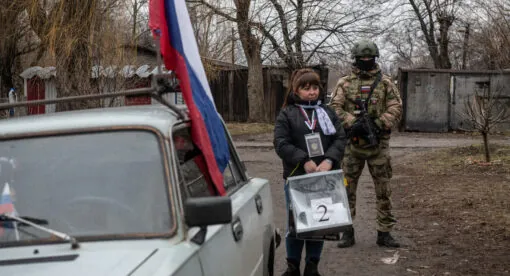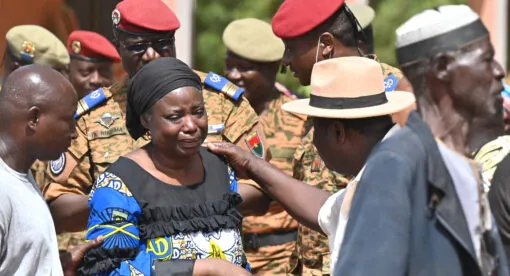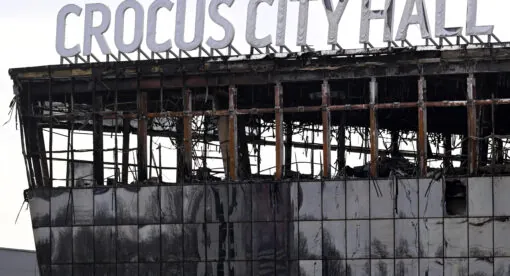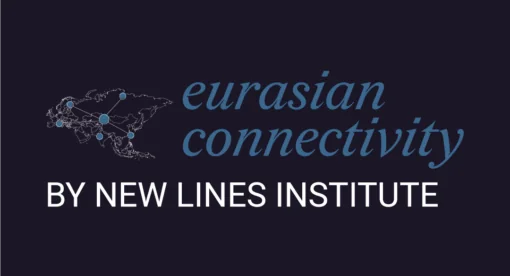The Lodestar, Episode 27
Millions of refugees were already in fragile situations before the pandemic began. Now with COVID-19 complicating access to healthcare and slowing the refugee and asylee pipelines to a trickle, displaced people face even more difficulties. Refugees and asylees understand the advent of COVID-19 increases their risk dramatically, both on the health front and related to their chances of accessing a secure living environment. Further, they are aware that common public health guidelines like social distancing and hand washing are not possible in crowded camps with limited facilities. Given the stark realities of being amongst the forced displaced during COVID-19, what options do refugees have, if any, and how can governments support them? Dina Dajani, Deputy Director of the Newlines Institute’s Displacement and Migration Program, speaks with Devon Cone, Senior Advocate for Women and Girls at Refugees International, about these issues as they relate to refugees from Afghanistan.
Cone points out that Afghan refugees are the second largest refugee population in the world and one of the largest protracted refugee populations – refugees that have been displaced for a very long time. Afghan refugees have landed in many countries, with the majority in Iran and Pakistan. Iran and Pakistan are experiencing ongoing challenges containing the spread. Similar to refugee camps the world over, the camps in Iran and Pakistan have shortages of resources and space, leaving vulnerable Afghan refugees with limited access to health services. Facing ever increasing vulnerabilities in these camps, many Afghan refugees are choosing to leave camps to return to Afghanistan. However, this doesn’t count as repatriation, Cone says, which means people returning voluntarily and to a safe environment where they will not be persecuted. That is not the case in Afghanistan, which is one of the most dangerous countries in the world, she says.
Alternatively, the refugee camps on the Greek Islands are in relatively good shape in that there have not been any reported cases of COVID-19 in the camps yet, Cone says. However, there are still 40,000 people in overcrowded camps that lack sewage and running water and have inadequate healthcare. And because of restrictions created by the response to the pandemic, asylum seekers’ cases are not moving at all, so they are waiting in conditions that are ripe for an outbreak of COVID-19.
Cone says that to improve the situation for Afghan refugees, the United States could ensure that the assistance it gives other countries includes refugees, asylum seekers, and undocumented refugees. She points out that there is a special visa program that focuses on Afghans who worked with the United States in support of U.S. operations in Afghanistan, and because of those actions it is no longer safe for them to be in their home country. She also says that while resettlement is likely to resume once COVID-19 travel restrictions ease up, the United States should allow more Afghan refugees into the country under its annual presidential determination.
The views expressed in this podcast are those of the guests and not an official policy or position of the Newlines Institute.






